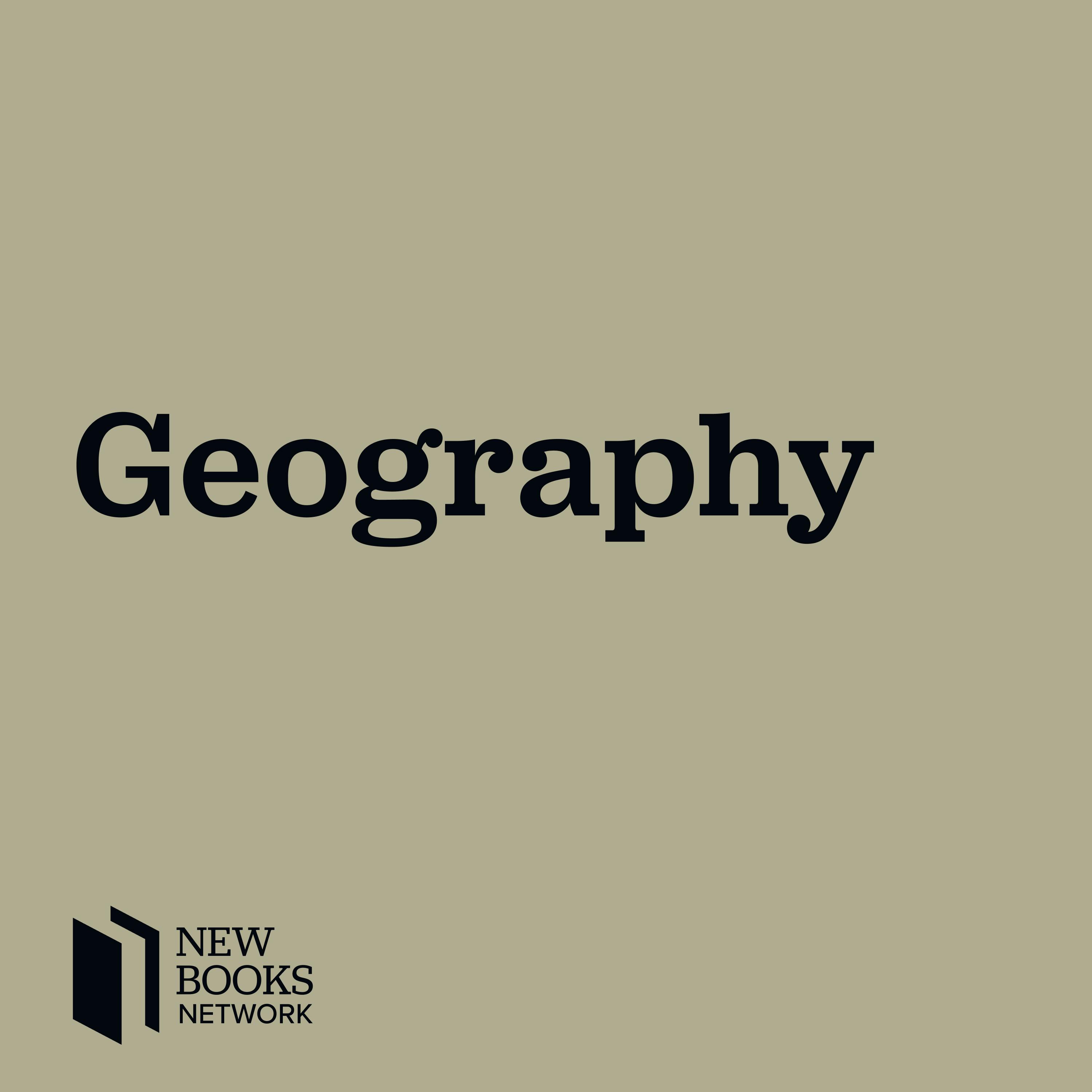Nicholas Terpstra, "Senses of Space in the Early Modern World" (Cambridge UP, 2024)
Description
How did early moderns experience sense and space? How did the expanding cultural, political, and social horizons of the period emerge out of those experiences and further shape them? Senses of Space in the Early Modern World (Cambridge University Press, 2024) by Dr. Nicholas Terpstra takes an approach that is both global expansive and locally rooted by focusing on four cities as key examples: Florence, Amsterdam, Boston, and Manila. They relate to distinct parts of European cultural and colonialist experience from north to south, republican to monarchical, Catholic to Protestant. Without attempting a comprehensive treatment, the Element aims to convey the range of distinct experiences of space and sense as these varied by age, gender, race, and class. Readers see how sensory and spatial experiences emerged through religious cultures which were themselves shaped by temporal rhythms, and how sound and movement expressed gathering economic and political forces in an emerging global order. This title is also available as Open Access on Cambridge Core.
This interview was conducted by Dr. Miranda Melcher whose new book focuses on post-conflict military integration, understanding treaty negotiation and implementation in civil war contexts, with qualitative analysis of the Angolan and Mozambican civil wars.
Learn more about your ad choices. Visit megaphone.fm/adchoices
Support our show by becoming a premium member! https://newbooksnetwork.supportingcast.fm/geography
More Episodes
Antarctica is, and has always been, very much “for sale.” Whales, seals, and ice have all been marketed as valuable commodities, but so have the stories of explorers. The modern media industry developed in parallel with land-based Antarctic exploration, and early expedition leaders needed...
Published 05/01/24
Published 05/01/24
During the late Spanish colonial period, the Pacific Lowlands, also called the Greater Chocó, was famed for its rich placer deposits. Gold mined here was central to New Granada’s economy yet this Pacific frontier in today’s Colombia was considered the “periphery of the periphery.” Infamous for...
Published 04/26/24


